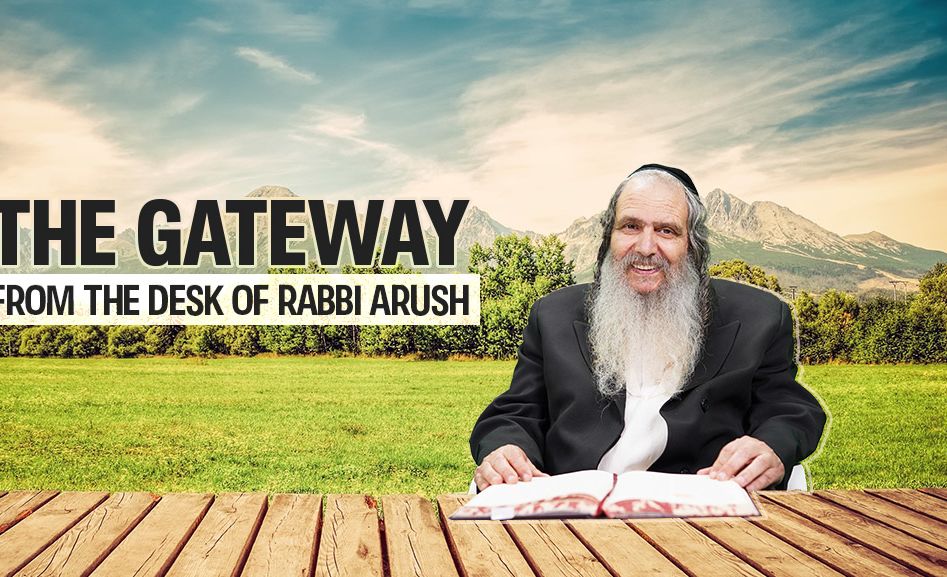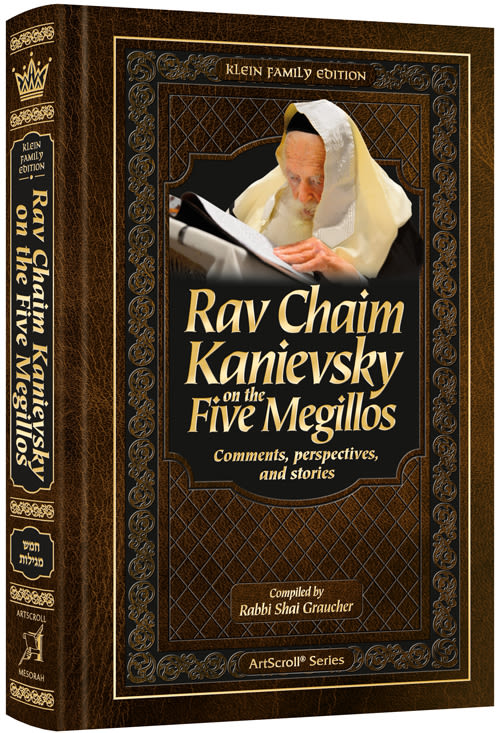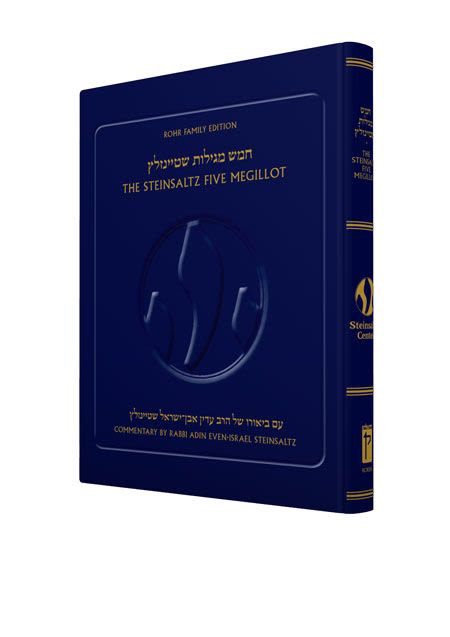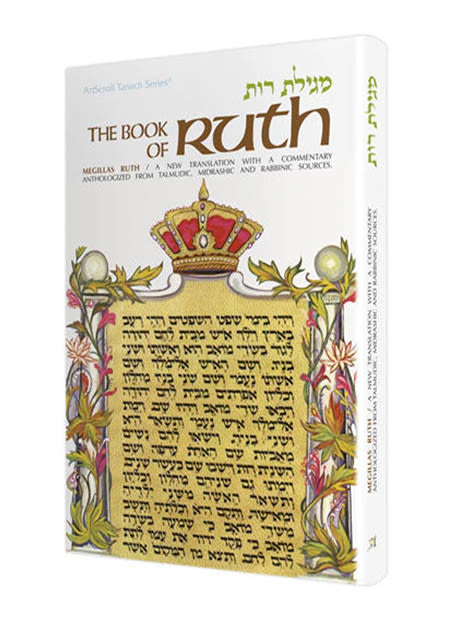
Wisdom of Sinai
Is there a genius who can invent anything without relying on prior knowledge and research? The light bulb could not have been invented before the discovery of electricity...

Translated by Rabbi Lazer Brody
One of the greatest fallacies of the modern mindset is the attitude that contemporary people are smarter than previous generations, indicating a lack of understanding and appreciation for the wisdom our people received from Mount Sinai 3,326 years ago.
Maimonides writes that the early generations saw Divine revelations, like our ancestors on Mount Sinai, but  subsequent generations progressively drifted away until people made severe mistakes, such as serving false idols and following false ideologies.
subsequent generations progressively drifted away until people made severe mistakes, such as serving false idols and following false ideologies.
Recent generations have especially strayed from our spiritual source. So much so that even the Talmudic sages remarked that if the first generations were angels, then we are mortals; but, if the first generations were mortals, then we are donkeys – and not like the donkey of Rabbi Pinchas Ben Yair – but like regular donkeys (see Tractate Shabbat 112). The Talmudic sages viewed the world quite differently than the hi-tech generation of today sees things. Whereas the latter sees material progress, the former saw spiritual decline.
Don’t forget – the most insignificant amora, or Talmudic sage expressly mentioned in the Gemara, could revive a dead person. Yet, these monumental pious individuals with prodigious powers of reasoning saw themselves as no more than donkeys when compared to former generations. So to whom can we compare ourselves?
One’s desire to make his own decisions with his own intellect and to erect everything from scratch the way he wants is utter foolishness. Even a person with a magnificent mind would require decades to discover everything from scratch. Why pave new roads when there are many good existing highways that will take you where you want to go?
A person who starts from scratch while casting away the wisdom of previous generations will never arrive at the truth. Even in the world of applied science and technology, today’s achievements are built on prior knowledge, research, and experience.
One who denies or disdains the wisdom of previous generations is like the proverbial chimpanzee that can see what’s happening on the other side of zoo’s retaining wall because he’s standing on the gorilla’s shoulders. Yet he thinks that the gorilla is stupid and primitive, because the gorilla can’t see what’s on the other side of the wall.
Is there a genius that can invent anything without relying on prior knowledge and research? The light bulb could not have been invented before the discovery of electricity. The cell phone could not have been invented before the conventional telephone.
The first Mishna in Tractate Avot describes the “chain of Torah”: Moses received the Torah on Mount Sinai and passed it on to Joshua, Joshua taught the elders, the elders taught the prophets, the prophets taught the Men of the Great Assembly, with a continuation of generation to generation right down to this day. Daat Torah, the wisdom of Torah and the Torah outlook on life, is based on the unbroken tradition of generation to generation that traces directly back to Moses on Mount Sinai.
Torah tradition resembles a pyramid; one can stand on the apex of the pyramid as long as there is a broad and solid foundation at the bottom with no breach or missing stones in the middle. Otherwise, where will the person at the apex stand, on air?
In like manner, a person can be a pupil of Moses as long as he has a continuous chain of pupils that stood before him. Some consider themselves disciples of Rebbe Nachman, but they’re fooling themselves if they lack a connection to a teacher who links them to the previous generations of Rebbe Nachman’s pupils.
Many Talmudic scholars mentioned in the Gemara refused to say a word that they didn’t hear from their teachers. And, even when they made a nuance in Torah or in religious law, it was squarely based on precedents and precepts that they received from earlier generations.
With the above concepts in mind, one cannot fathom living one’s life by walking along totally untrodden paths, especially in the area of emuna. One who questions the veracity or relevance of Torah must ask himself, “Am I presumptuous enough to consider myself smarter than Maimonides or the Vilna Gaon? Can I revive the dead or understand the language of birds and animals like the holy sages of the Mishna? The answer: An emphatic no. Despite their gigantic intellects, they didn’t budge an inch to the right or left of previous generations. Do I understand one drop of the knowledge that they did? Do I have the spiritual prowess that they did? How can I fool myself into thinking that I am capable of deciding whether or not to observe the Torah’s commandments or even compromise one iota of Torah?
Anyone who contemplates the unbroken chain of Torah tradition with open and objective eyes that search for truth will surely reject the folly of his own arrogance and presumptuousness, and come to the conclusion that he should follow in the footsteps of the prodigious tzaddikim of former generations who were willing to sacrifice their lives at any given moment to observe and preserve even one tiny Torah precept. That’s the eternal message of Shavuot, when we once again receive the Torah anew and renew our bond with the wisdom of Sinai.












Tell us what you think!
Thank you for your comment!
It will be published after approval by the Editor.